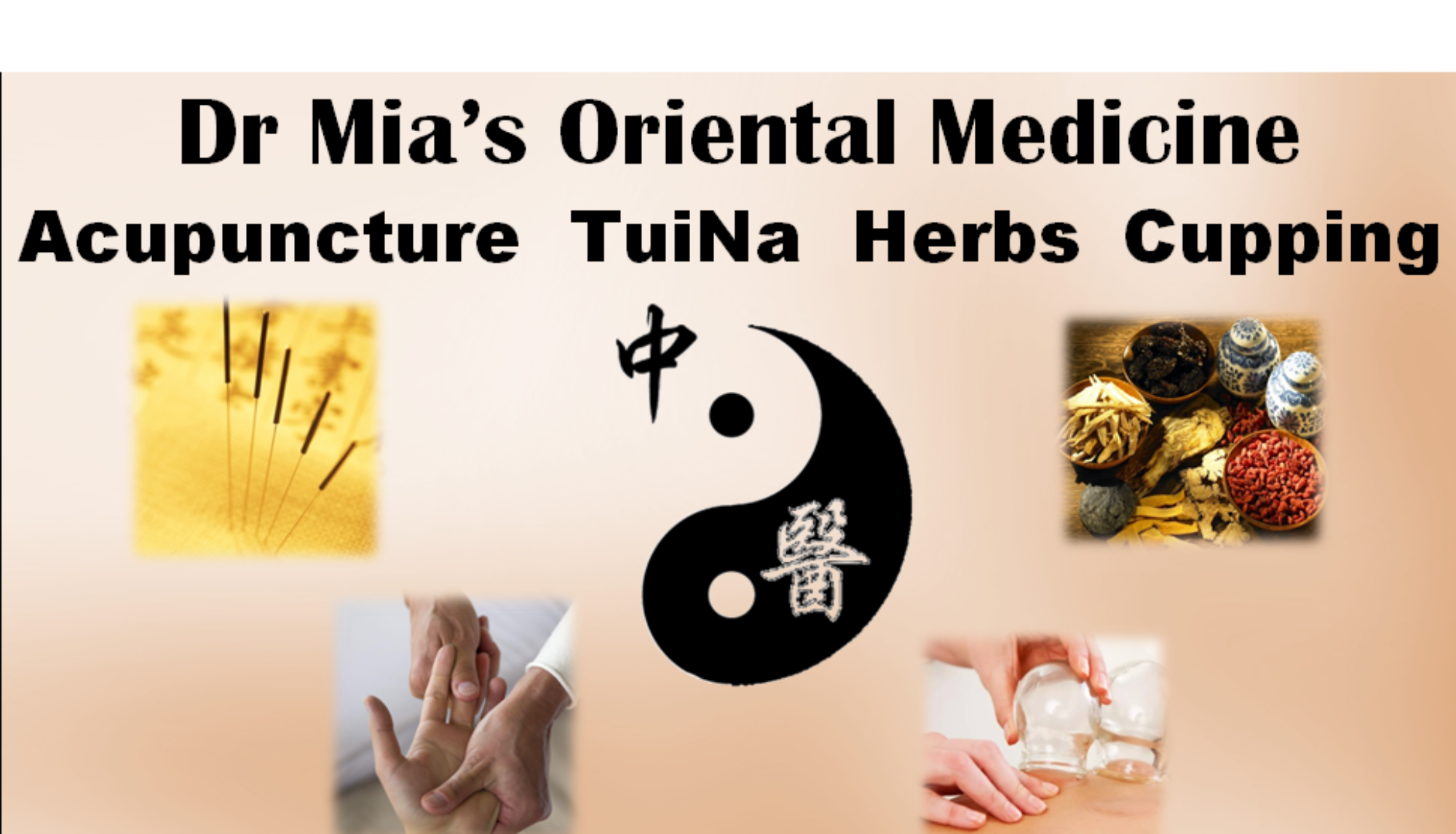Frequently Asked Questions (FAQs) About Acupuncture
**Q: Is acupuncture safe?**
**A:** Yes, acupuncture is a safe and time-tested therapy when performed by a licensed practitioner. It has been used for over 5,000 years to help billions of people heal naturally—without drugs or surgery. In 1996, the U.S. Food and Drug Administration (FDA) approved acupuncture needles for use by qualified professionals. The FDA mandates that acupuncturists adhere to strict safety protocols, including the use of sterile, single-use, non-toxic needles to ensure patient safety.
**Q: Do acupuncture needles hurt?**
**A:** Unlike hypodermic needles (used for injections), acupuncture needles are extremely thin—about the width of a cat’s whisker—and flexible. Most people feel minimal to no discomfort upon insertion. Some may experience a slight tingling, warmth, or heaviness around the needle, which is a normal therapeutic response indicating that the body’s healing energy (Qi) is being activated. Many patients even find the treatment deeply relaxing.
**Q: How many treatments will I need?**
**A:** The number of sessions varies depending on your condition, overall health, and how your body responds. Acute issues (recent or short-term) often improve within **4–10 sessions**, while chronic conditions (long-standing) may require a longer treatment plan. Your acupuncturist will assess your progress and adjust your care accordingly. Consistency is key—just like physical therapy or exercise, acupuncture works best with a tailored, phased approach.
**Q: Can acupuncture and Oriental medicine help my condition?**
**A:** Acupuncture and Traditional Oriental Medicine (TOM) are recognized by the **FDA, the World Health Organization (WHO), and leading medical institutions** as effective treatments for a wide range of conditions, including but not limited to:
– **Pain Management:** Headaches, migraines, arthritis, back/shoulder/neck pain, sciatica, carpal tunnel syndrome
– **Digestive Disorders:** IBS, colitis, nausea, indigestion, constipation
– **Respiratory Issues:** Asthma, bronchitis, sinusitis, allergies
– **Women’s Health:** PMS, menstrual irregularities, menopause, fertility support
– **Mental & Emotional Wellness:** Stress, anxiety, depression, insomnia, fatigue
– **Neurological & Autoimmune Conditions:** Fibromyalgia, trigeminal neuralgia, chronic fatigue
– **Other Conditions:** High blood pressure, diabetes support, smoking cessation, addiction recovery
Acupuncture works holistically, addressing not just symptoms but the root cause of imbalance in the body.
**Q: How should I prepare for my first acupuncture session?**
**A:**
– **Hydrate well** (drink water, but avoid caffeine/alcohol beforehand).
– **Eat a light meal** 1–2 hours prior—avoid being overly full or fasting.
– **Wear loose, comfortable clothing** for easy access to arms, legs, and back.
– **Avoid heavy exercise, alcohol, or blood-thinners** (like aspirin) before treatment.
– **Bring medical records or a list of medications/supplements** to discuss with your acupuncturist.
**Q: What happens during an acupuncture session?**
**A:**
1. **Consultation:** Your practitioner will review your health history and concerns.
2. **Diagnosis:** They may check your pulse, tongue, or palpate areas to assess Qi flow.
3. **Treatment:** You’ll lie comfortably while sterile, hair-thin needles are gently inserted (typically 10–20 minutes).
4. **Sensations:** You may feel warmth, tingling, or dull heaviness—this indicates Qi activation. *Most patients relax deeply, and some even fall asleep!*
5. **Additional Therapies:** Cupping, electro-acupuncture, or herbal advice may be included.
**Q: What should I do after acupuncture to maximize benefits?**
**A:**
– **Rest and hydrate** to help your body process the treatment.
– **Avoid strenuous activity, alcohol, or cold foods** for 24 hours.
– **Notice changes:** Some feel immediate relief; others need 1–2 days for effects to unfold.
– **Track symptoms** in a journal to share with your acupuncturist at follow-ups.
– **Schedule regular sessions** if treating chronic issues—consistency enhances results.
**Q: Are there any side effects?**
**A:** Acupuncture is low-risk, but you might experience:
– **Mild soreness/bruising** at needle sites (rare and temporary).
– **Fatigue or emotional release** (a sign of energy rebalancing).
– **Increased well-being** (many report better sleep, digestion, or mood!).
Communicate openly with your practitioner—they’ll adjust treatments based on your feedback.
**For personalized guidance, please WhatsApp us at +27-63-721-8906 to discuss your specific needs.**


